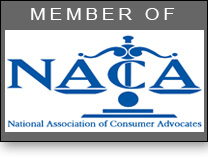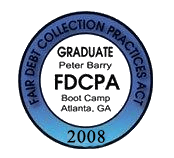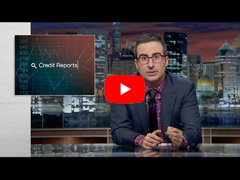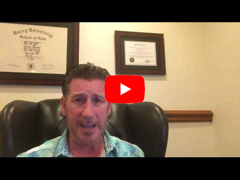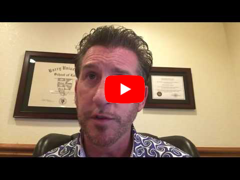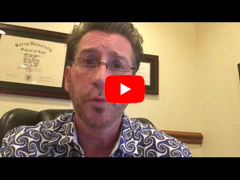
debt bubble
Conventional wisdom says that you should never close a credit card account unless you have an overwhelmingly pressing reason to do so.
It’s true that closing an account can hurt your credit. If you close an old account, it can shorten your credit history, which can then lower your overall credit score. Also, closing an account means that you have less credit available, so the balances you do have will take up a larger percentage of your available credit. This is called your credit utilization ratio (an important factor in your overall credit score), and you want that percentage as low as possible.
This doesn’t mean that you should never close a credit card. Instead, it means that you need to be smart about which accounts you close and when you do so. Here are a few times when it makes sense to consider closing a card. (See also: How to Use Credit Cards to Improve Your Credit Score)
1. Preventing Identity Theft
The more credit cards you have, the greater the danger that one will be compromised and you’ll have to deal with identity theft. If you have a card that has been stolen or are anxious about identity theft, consider closing one or more cards to reduce your risk.
The accounts most at danger are the ones you don’t use very much. If a thief can get hold of one of these numbers, often by compromising a website where you used the card to make a purchase a long time ago, they can sometimes put quite a few charges on the card before getting caught. If identity theft is a worry for you, think about closing these infrequently used accounts first. An even better alternative: Avoid identity theft in the first place by practicing good credit card safety measures, such as only purchasing on secured, trusted sites using secure Wi-Fi.
2. High Interest Rates or High Fees
Cards that cost you money, especially when you aren’t getting anything back, can be good candidates for closure. Sometimes, the benefits of a particular card (like one that earns you airline points) can be worth the annual fee. However, many people pay more in fees and interest than a card is worth.
Before you close a card because of what it costs you, try negotiating with the company. It never hurts to ask for a lower interest rate or a waived fee. The worst the company can do is say “No,” and then you can go ahead and close it.
3. You’ve Already Made Your Major Purchases
If you’re planning a major purchase that will require financing, like a car or a home, wait until that is complete before you cancel any credit card accounts. Since your credit score is almost sure to be at least a little bit higher with the cards contributing, it makes sense to wait to cancel them.
Even if canceling your cards won’t hurt your credit very much, it could earn you a slightly higher interest rate. While a quarter (or even a tenth!) of a percent may not seem like very much up front, it can mean that you’ll pay thousands of dollars more over the life of the loan. That’s not worth it!
4. You Have Too Many Cards
While it’s generally true that leaving cards open helps your credit, having too many open, in certain scenarios, can actually hurt you. Credit cards are considered revolving credit, which is the worst kind to have. If you have too much, especially in relationship to other types of credit, your score may actually be lower than it would be without a card or two.
In addition, it seems likely that people who manually underwrite loans look negatively on having too many cards open at once. This is mostly anecdotal but, if you’re going after one of these loans, it may be wise to close down some cards.
5. When You Can’t Stop Spending
No matter how much it hurts your credit, you should shut down credit card accounts if having them open is a spending temptation that you can’t resist. If freezing or cutting up your cards doesn’t work for you, and there isn’t another way to stop yourself from building up more and more debt, then cancelling the cards makes sense.
This is a last-ditch scenario, but I’ve known more than one person who faced it. Desperate times call for desperate measures, and sometimes it’s better to take the credit score hit rather than continue out-of-control spending.
Have you ever cancelled a credit card? What made it worth the hit to your credit score?





